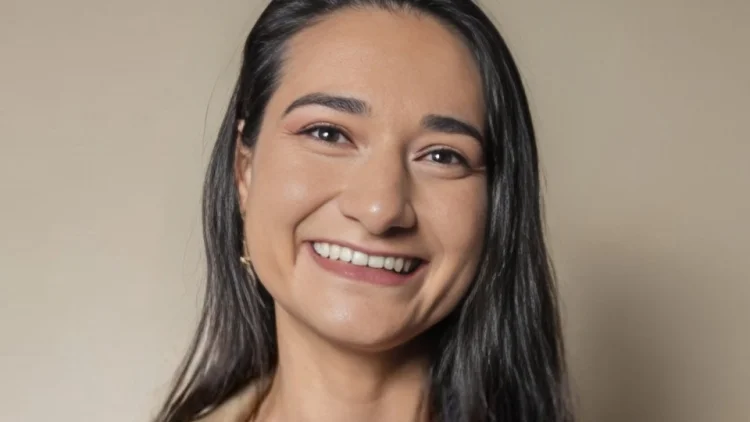
Carmen Monge-Montero/LinkedIn
Feb 12, 2025, 16:31
Carmen Monge-Montero: EDI can make people uncomfortable – but that’s exactly the point
Carmen Monge-Montero, Researcher and patient advocate at Youth Cancer Europe, posted on LinkedIn:
“‘Expert in EDI‘? There’s no such thing!
-
Challenging the Status Quo in Colorectal Cancer 2024
December 6-8, 2024
-
ESMO 2024 Congress
September 13-17, 2024
-
ASCO Annual Meeting
May 30 - June 4, 2024
-
Yvonne Award 2024
May 31, 2024
-
OncoThon 2024, Online
Feb. 15, 2024
-
Global Summit on War & Cancer 2023, Online
Dec. 14-16, 2023
Sep 6, 2025, 10:21
Sep 6, 2025, 10:00
Sep 6, 2025, 07:12
Sep 6, 2025, 06:08

Maybe that’s why some people dislike EDI (Equity, Diversity, and Inclusion), resist new policies, or even deny that we need it. The truth is, EDI can make people uncomfortable – but that’s exactly the point. The more uncomfortable we feel, the closer we are to becoming more inclusive, diverse, and equitable in every aspect of life.
For a while, I’ve wanted to start sharing my thoughts on EDI in Cancer, and I’ve decided to finally do it! This will be the first post in a series exploring different topics of equity, diversity, and inclusion in cancer care and advocacy.
During Youth Cancer Europe’s EDI in Cancer training (part of the co-funded EU-CAYAS-NET project), this image caught my attention.
Even though it focuses on racism, I believe it applies to all forms of disparity. If you look closely, the more we grow, the less fear we have—but at the same time, we experience more discomfort. No matter how much we try, we can still make mistakes, and that’s okay.
When I first started working on EDI, I felt embarrassed to ask questions to an LGBTQ+ community member. As a non-native English speaker, and coming from a culture where stigma was common, I had never heard people openly discuss these topics. But I asked anyway:
1. What do the letters in LGBTQ+ stand for, and how do I pronounce the acronym correctly?
2. Why do some people use they/them as pronouns, and why didn’t use ‘it’? Coming from a Spanish-language background, this was hard to understand and use initially.
I learned that “they” was only plural, but I understood the reasoning and realized it’s possible with time and effort (I still make some mistakes!)
At first, I was shy – but I’m so glad I asked. It made all the difference when someone from the community explained it. After this and getting to know so many people from this community who are also people with and beyond cancer, it improved my research and understanding of the challenges that they face in the health care system, and which action can we take from this (check the ‘Recommendations for Equitable, Diverse, and Inclusive Cancer Care in Europe’ at Youth Cancer Europe website)
It also made me reflect: we should be more understanding toward those who don’t know or are too afraid to ask. Because the more we question, the more we grow. And that’s exactly why diversity in research and cancer care matters. Different perspectives help us see what others might overlook, leading to more inclusive and effective care for everyone.
Looking at this wheel, I realized I had already entered the learning zone on this topic – but in many others, I’m still in the fear zone. That’s where the real work begins. That is why, I don’t think that anyone can be called an EDI expert, because there are so many topics to handle!
Looking forward to continuing this journey of growth! And stay tuned for more posts in this series!”